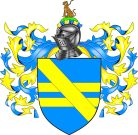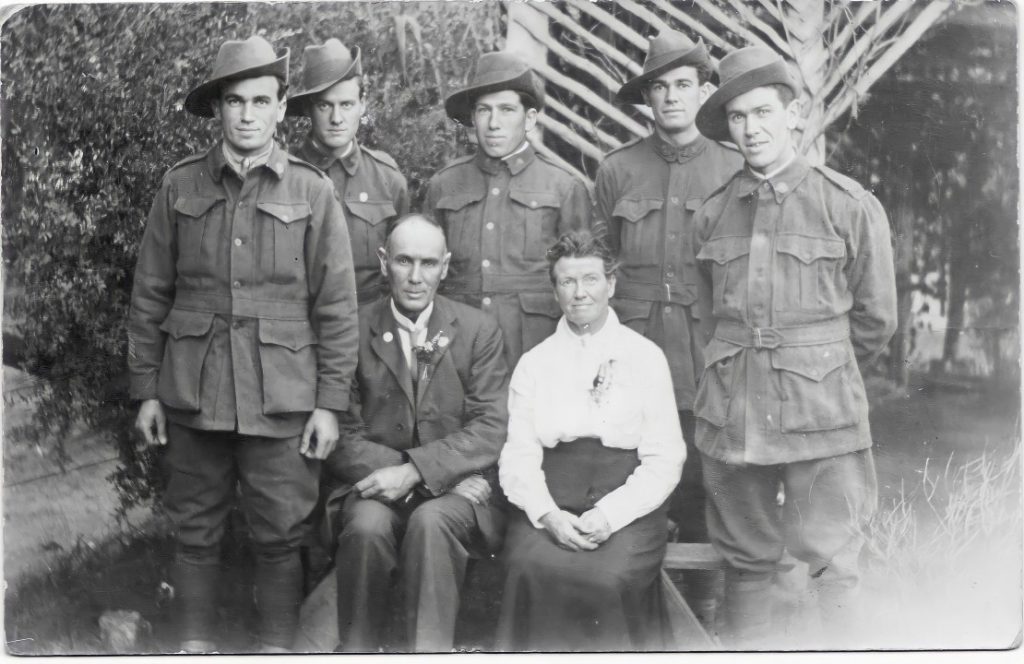The quest for understanding human behaviour is as old as civilisation itself, often repackaged in new forms to suit the zeitgeist. As I’ve previously discussed, the repetitive nature of professional training and the notion that “there is nothing new under the sun” are particularly evident in the realm of personality assessments. This article aims to explore the fascinating journey of understanding human temperament, from the ancient Greek philosophy of the Four Humours to modern-day DISC and Myers-Briggs models, and even into the Pentecostal pulpits of the 1970s.
The Four Humours: The Original Personality Assessment
The Greeks laid the foundation for understanding human behaviour through the Four Humours theory, developed by Hippocrates and later expanded by Galen. This theory posited that an individual’s temperament was influenced by the balance of four bodily fluids: blood, black bile, yellow bile, and phlegm. The resulting temperaments—Sanguine, Melancholic, Choleric, and Phlegmatic—each had its own set of characteristics and tendencies.
A Pentecostal Adaptation: Spirit-Controlled Temperament
In the 1970s, Tim LaHaye brought the Four Humours into the Pentecostal context with his book series “Spirit-Controlled Temperament.” My father, a Pastor at the time, often preached from these books, offering a Christian adaptation of these ancient temperaments. This is yet another example of how religious traditions, in this case, Christianity, have borrowed and adapted from others philosophies to enrich their own teachings.
Modern Takes: DISC and Myers-Briggs
Fast forward to the 21st century, and we encounter not just the DISC model, developed by psychologist William Moulton Marston, but also the Myers-Briggs Type Indicator. While DISC focuses on four primary behavioural traits—Dominance, Influence, Steadiness, and Conscientiousness—Myers-Briggs offers a more complex set of 16 personality types based on four dichotomies. Despite their modern complexities, the core principles of these models echo both the ancient Greek understanding and the Pentecostal adaptations of human nature.
The Repetitive Nature of Professional Training
As leaders and professionals, we often seek out the latest tools and theories to help us understand our teams and ourselves better. However, it’s crucial to recognise that many of these ‘new’ tools are built upon the foundations laid by thinkers centuries ago. The repetitive nature of professional training often involves repackaging these ancient philosophies into something more palatable for modern consumption.
The Timeless Relevance
The reason these models continue to be repackaged and reused is their timeless relevance. Whether you’re a middle management or a C-suite executive, understanding human behaviour is crucial for effective leadership and collaboration. The core principles of human interaction and behaviour have remained largely unchanged, proving the age-old adage that there truly is “nothing new under the sun.”
Conclusion
The journey of understanding human behaviour has taken many forms over the centuries, from ancient Greek philosophy to Pentecostal teachings and modern psychological models like DISC and Myers-Briggs. While the packaging may change, the essence remains the same: a quest to better understand ourselves and those around us. So the next time you’re considering a ‘new’ training module or personality assessment, remember that these tools are often not new but rather a continuation of human thought, refined for our contemporary world.



